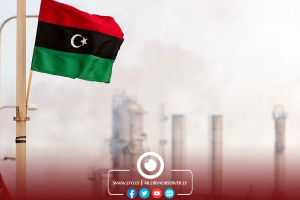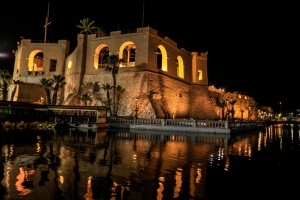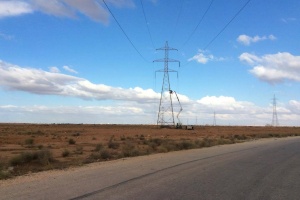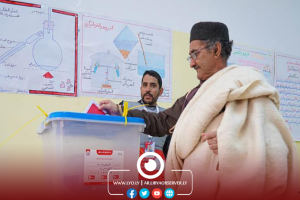By Mohamed Abaid, Independent Libyan Analyst
A New Dawn of Unity: Derna's Tragedy Ignites a Nationwide Flame of Brotherhood and Solidarity in Libya
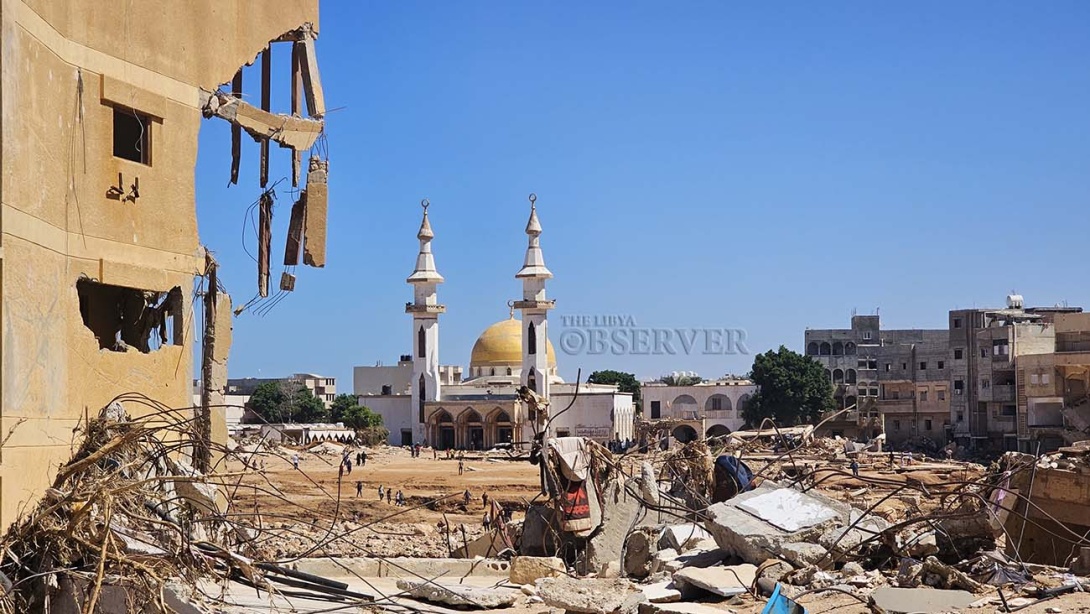
In the wake of the catastrophic events brought about by Storm Daniel in Derna, Libya, where the death toll has surpassed 5,000 and around 10,000 individuals are reported missing, a beacon of hope is emerging amidst the devastation. This tragedy has not only highlighted the urgent need for infrastructure reforms but has also ignited a nationwide flame of solidarity and brotherhood, potentially serving as a catalyst for uniting Libyans.
A Resurgence of Brotherhood and Unity
The harrowing scenes unfolding in Derna have spurred a spontaneous and overwhelming response from every corner of Libya. Citizens, irrespective of their regional affiliations, are rallying to provide aid to the devastated communities in Derna. This nationwide mobilization encompasses a wide range of support, including essential supplies, financial assistance, and temporary housing, showcasing a renewed sense of brotherhood and unity.
This outpouring of support is a testament to the inherent unity of the Libyan people, a unity that has the potential to heal the wounds of the past and forge a path of collective progress and prosperity.
Bridging the Divide: A Nationwide Response
The disaster in Derna has brought Libyans together, fostering a united front in the face of adversity. People from various regions are setting aside their differences, uniting to work towards the common goal of rehabilitating Derna. The government in Tripoli has been proactive, dispatching medical supplies and healthcare professionals to assist in the relief efforts, a gesture mirrored by communities and organizations across the nation.
This united response is a promising sign, hinting at the potential for fostering greater unity and collaboration in Libya. It showcases a renewed sense of national identity, where the focus is on humanitarian values and the collective well-being of the populace, transcending political and regional divides.
Addressing Infrastructure Challenges: A Wake-Up Call
The catastrophe in Derna has underscored the pressing need for substantial infrastructure reforms in Libya. The collapse of the dams, a result of years of neglect, serves as a stark reminder of the importance of maintaining and upgrading the nation's infrastructure. As Libya embarks on the road to recovery, it is imperative to learn from this disaster and to prioritize safety and sustainability in infrastructure development.
A concerted effort is needed to not only rebuild the physical structures but also to establish systems that prevent such catastrophes in the future. This includes investing in modern, resilient infrastructure and fostering a culture of regular maintenance and safety checks.
A Catalyst for Unity and Progress
The collective response to the disaster in Derna could potentially serve as a catalyst for fostering greater unity and collaboration in Libya. The shared grief and empathy generated by the disaster could pave the way for dialogue and reconciliation among the rival factions in Libya.
The collective efforts to rebuild Derna could serve as a blueprint for a new Libya, where unity and collaboration are the cornerstones of governance. It presents an opportunity to build a nation where the bonds of community and compassion triumph over division and discord, ushering in an era of peace and prosperity.
Conclusion
As Libya stands at a crossroads, the tragedy in Derna offers a glimmer of hope for a united future. The resurgence of unity and solidarity among the Libyan populace is a promising sign, hinting at the possibility of a new dawn where Libyans stand united, working hand in hand to rebuild and rejuvenate their nation.
Disclaimer: The views and opinions expressed in this article are those of the writer, and do not necessarily reflect those of the Libya Observer



